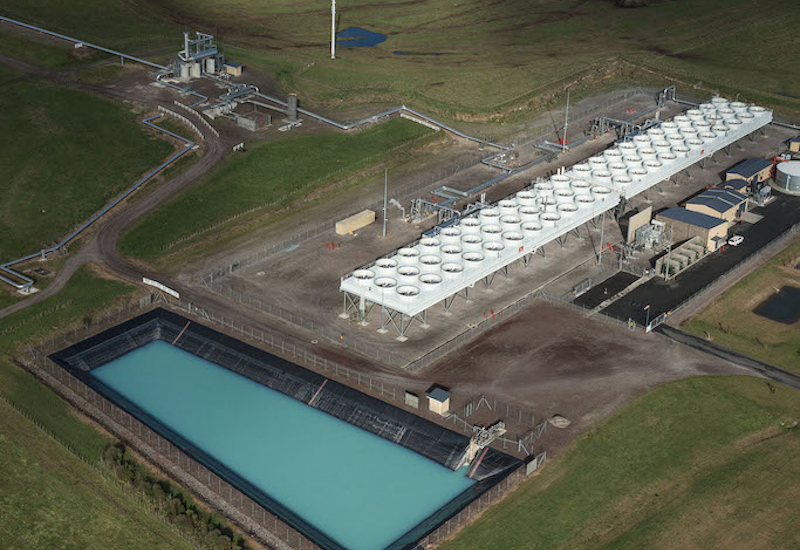
Ownership of renewable energy attributes is the global standard for electricity customers to show they are using a renewable source. This is important for encouraging renewable electricity, since electricity consumed on a shared grid cannot be traced back to a specific power station. The agreement is in line with Microsoft’s sustainability commitments.
Plans to build a 51.4-MW expansion of the Te Huka geothermal power station were announced in late 2022. The initial estimated investment for this project is NZ$300 million (around USD 189 million). The new power station is expected to be completed by late 2024. The contract with Microsoft supported Contact’s decision to build in the new facility in Te Huka.
A first-of-its-kind agreement
Contact CEO, Mike Fuge, sees long-term commitments to the purchase of renewable energy attributes as a way to bring a new generation of renewables online faster while directly connecting a company’s environmental aspirations with physical solutions.
“Further development at Te Huka has always been on the cards. By entering this arrangement with Microsoft, Te Huka Unit 3 got the backing it needed, providing further confidence to develop this project. Microsoft’s commitment shows what companies with energy intensive facilities can achieve to support new renewable energy sources,” Mr Fuge said.
“This type of agreement is a first for Contact and New Zealand. It reflects our commitment to enter contracts for renewable energy certificates that are directly linked to the addition of new renewable power generation. This is all part of delivering on our Contact26 strategy to build a better Aotearoa New Zealand by leading the country’s decarbonisation.”
Speaking about the agreement, Vanessa Sorenson, Managing Director Microsoft New Zealand, said the organisation was proud of the agreement and the sustainability alignment it enabled. “Microsoft has big plans in New Zealand. With the construction of the data center region, this agreement aligns our New Zealand activities with Contact Energy’s presence and capabilities around geothermal in New Zealand and will further strengthen our transition to 100% renewable energy by 2025. It will also support Microsoft’s 100/100/0 commitment.”